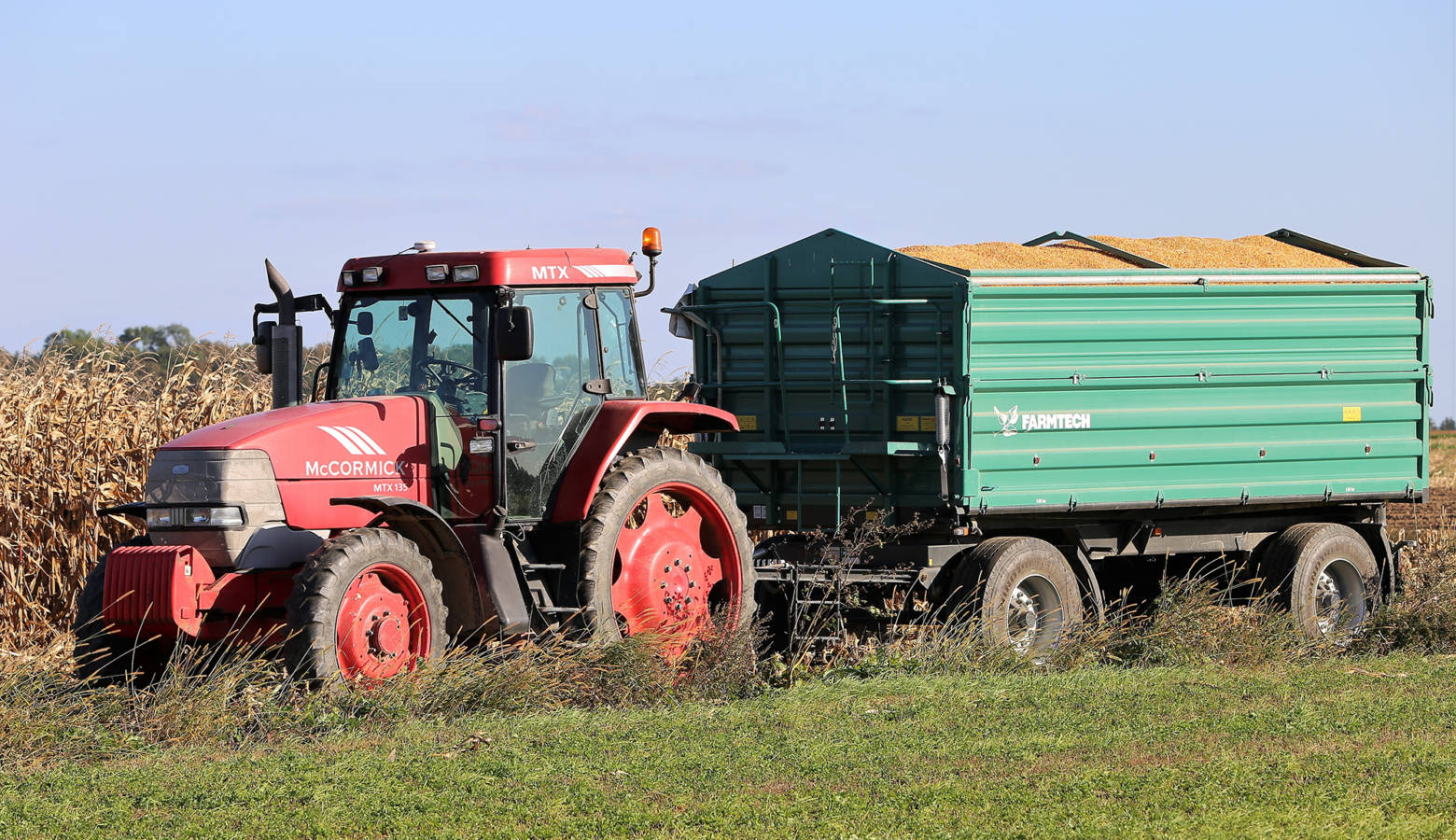Farm Bill Lapses, Leaves Hoosier Farmers Uncertain How To Plan For Next Year

The federal farm bill lapsed Sunday after no new reauthorization bill was approved. The bill includes everything from the Supplemental Nutrition Assistance Program (SNAP) to crop insurance to providing farmers education and technical support.
Indiana Farm Bureau President Randy Kron says not having those resources, on top of low market prices due to high yields and the president’s trade war, hurts farmers trying to get ready for next season and beyond.
“We’re overwhelmed with a lot of uncertainty in an occupation that needs a lot of longer-term decisions,” says Kron.
He adds also not knowing what the new law will entail makes planning for next season worrisome for farmers like himself.
“On our farm, we’re making decisions for next year already and we really don’t know what the rules of the game are going to be without a farm bill,” says Kron.
The farm bill has traditionally been touted by both parties as a necessary piece of legislation. But Kron says that hasn’t been the case this time around.
“We’ve always kept the farm bill above the political fray and all the issues going on,” he says. “And now it seems like it’s kind of getting drawn in to the rest of the politics and partisanships.”
One sticking point is House Republicans’ desire to add work requirements for SNAP, commonly known as food stamps. That’s the largest segment of the bill, but the law also funds a variety of programs that help agriculture workers across the country.
Kron left for Washington D.C. Tuesday, where he says he will advocate to lawmakers that a new farm bill needs to be passed quickly.
“So we will be having meetings with all of them and talk, relaying what Indiana farmers are saying or what’s important,” he says.
The first farm bill was passed in 1933 under President Franklin Roosevelt’s administration and has traditionally been renewed every five years.
